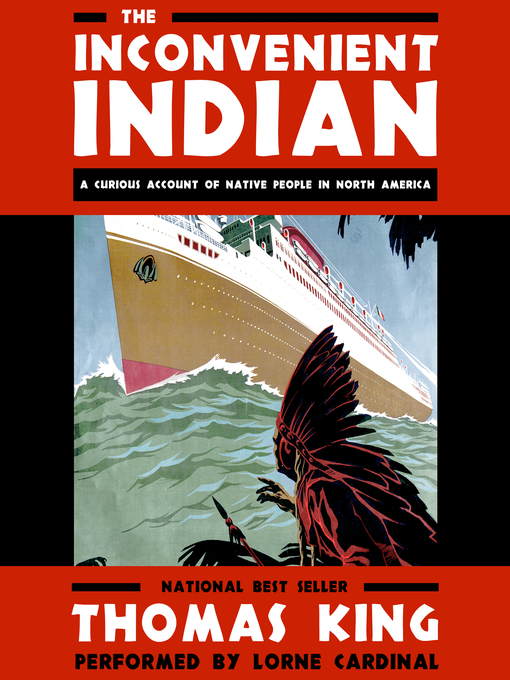
Rich with dark and light, pain and magic, this book distills the insights gleaned from that meditation, weaving the curiously circular tale of the relationship between non-Natives and Natives in the centuries since the two first encountered each other. In the process, King refashions old stories about historical events and figures, takes a sideways look at film and pop culture, relates his own complex experiences with activism, and articulates a deep and revolutionary understanding of the cumulative effects of ever-shifting laws and treaties on Native peoples and lands.
This is a book both timeless and timely, burnished with anger but tempered by wit, and ultimately a hard-won offering of hope — a sometimes inconvenient, but nonetheless indispensable account for all of us, Indian and non-Indian alike, seeking to understand how we might tell a new story for the future.
-
Creators
-
Publisher
-
Release date
April 24, 2018 -
Formats
-
OverDrive Listen audiobook
- ISBN: 9781518996580
- File size: 286211 KB
- Duration: 09:56:16
-
-
Languages
- English
-
Reviews

Loading
Formats
- OverDrive Listen audiobook
Languages
- English
Why is availability limited?
×Availability can change throughout the month based on the library's budget. You can still place a hold on the title, and your hold will be automatically filled as soon as the title is available again.
The Kindle Book format for this title is not supported on:
×Read-along ebook
×The OverDrive Read format of this ebook has professional narration that plays while you read in your browser. Learn more here.